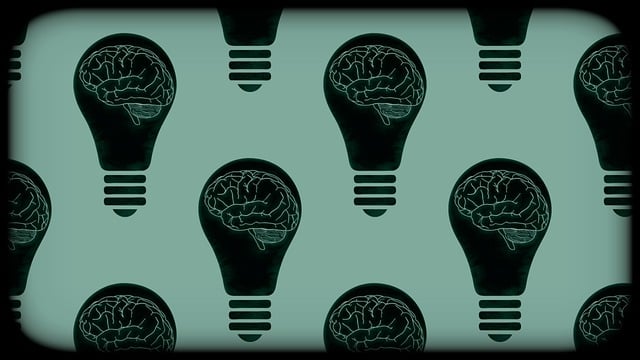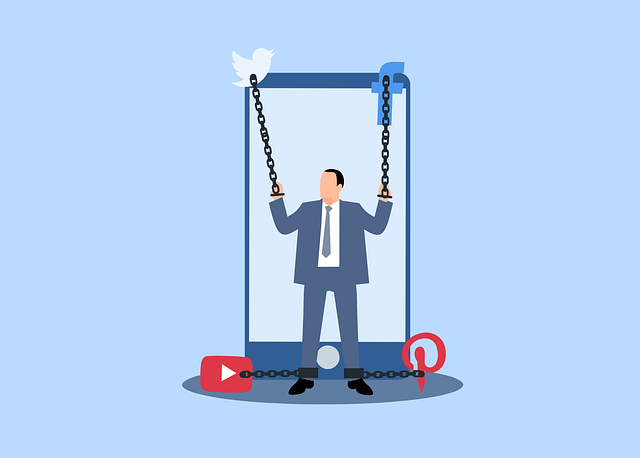Mental wellness groups in Longmont provide a collaborative environment for individuals dealing with PTSD, anxiety, depression, and burnout. Facilitators employ active listening, open discussions, and structured activities to foster connections and promote healing. This approach enhances PTSD therapy, offers stress reduction, and teaches tailored coping strategies, building social support networks. Creating a safe space with clear rules, mindfulness exercises, and empathy-building techniques is vital for effective group therapy, encouraging emotional growth and resilience, particularly in Longmont Post-Traumatic Stress Disorder (PTSD) Therapy.
Mental wellness group facilitation plays a crucial role in fostering community and healing. This article explores effective techniques for those guiding such groups, focusing on creating safe spaces and empowering participants. We delve into strategies to engage members, foster open communication, and measure progress. Specifically, we highlight adaptations for Longmont Post-Traumatic Stress Disorder (PTSD) therapy, emphasizing the importance of tailored facilitation methods for optimal mental health support.
- Understanding Mental Wellness Group Facilitation
- Techniques for Building a Safe and Supportive Environment
- Strategies to Engage and Empower Group Members
- Measuring Success and Adapting Facilitation Techniques for PTSD Therapy in Longmont
Understanding Mental Wellness Group Facilitation

Mental wellness group facilitation involves creating a supportive space where individuals can connect, share experiences, and learn from one another. It’s an effective approach to address various mental health concerns, including post-traumatic stress disorder (PTSD), anxiety, depression, and burnout. Facilitators play a crucial role in guiding the group, ensuring everyone feels heard and respected. They employ techniques such as active listening, open-ended questions, and structured activities to foster meaningful discussions and promote healing.
Longmont PTSD therapy benefits greatly from this collaborative approach, as it allows individuals to process traumatic experiences in a safe environment. Beyond treating PTSD, these groups can serve as powerful tools for stress reduction methods and depression prevention by offering social support networks and coping strategies tailored to individual needs. Burnout prevention is another critical aspect addressed through group facilitation, where members learn to set boundaries, manage stress, and cultivate resilience.
Techniques for Building a Safe and Supportive Environment

Creating a safe and supportive environment is a cornerstone of effective mental wellness group facilitation. This involves establishing ground rules that emphasize respect, confidentiality, and active listening from the outset. By fostering an atmosphere where participants feel seen, heard, and judged, facilitators can encourage open communication and vulnerability, essential elements for healing and growth. Techniques such as guided mindfulness meditation and interactive activities designed to promote empathy and understanding play a crucial role in building this sanctuary.
In Longmont Post-Traumatic Stress Disorder (PTSD) therapy groups, for instance, facilitators might incorporate public awareness campaigns on mental health to normalize conversations and reduce stigma. Mental wellness coaching programs can also be tailored to address specific challenges, like anxiety or depression, using evidence-based strategies such as cognitive-behavioral techniques. Additionally, incorporating activities that promote mindfulness meditation helps individuals cultivate present-moment awareness, a valuable tool for managing distressing thoughts and emotions.
Strategies to Engage and Empower Group Members

Creating an engaging and supportive environment is key to facilitating effective group therapy sessions for mental wellness. One powerful strategy is to encourage inner strength development through structured activities that promote self-reflection and resilience. For instance, incorporating mental wellness journaling exercises allows members to articulate their thoughts and emotions, fostering a sense of ownership over their healing journey. This practice also enables facilitators to offer tailored guidance and insights, catering to individual needs effectively.
Moreover, implementing empathy building strategies is vital for cultivating a safe space where members feel understood and accepted. Group activities that encourage active listening and open dialogue can significantly enhance emotional connections among participants. By fostering empathy, facilitators not only strengthen the therapeutic bond but also create an environment conducive to exploring and processing complex emotions, which is essential in treating conditions like Longmont Post-Traumatic Stress Disorder (PTSD) Therapy.
Measuring Success and Adapting Facilitation Techniques for PTSD Therapy in Longmont

In the realm of Longmont Post-Traumatic Stress Disorder (PTSD) therapy, measuring success goes beyond simply reducing symptom severity. It involves fostering meaningful improvements in clients’ lives, enhancing their coping mechanisms, and promoting emotional resilience. Facilitators can adapt their techniques by incorporating compassion cultivation practices, which have shown promise in cultivating self-care practices and facilitating emotional healing processes. By creating a safe, supportive space, therapists encourage clients to explore and process traumatic memories while developing healthy strategies for managing distressing symptoms.
Adapting facilitation methods requires an understanding of individual client needs and the flexibility to tailor interventions accordingly. Incorporating mindfulness exercises, group discussions, and creative outlets can help clients internalize self-compassion and develop effective coping mechanisms. These adaptive techniques not only enhance the therapeutic experience but also ensure that Longmont PTSD therapy remains accessible and impactful for diverse individuals seeking emotional healing.
Mental wellness group facilitation plays a pivotal role in fostering support networks, especially in treating conditions like Longmont Post-Traumatic Stress Disorder (PTSD) therapy. By implementing techniques that prioritize safety, engagement, and adaptability, facilitators can create an environment conducive to healing. This article has explored strategies for each of these aspects, offering valuable insights into effective group facilitation. Understanding the importance of a safe space, empowering group members, and measuring success allows facilitators to navigate challenges and tailor their approach, ensuring every individual receives the support they need on their journey towards mental wellness.








